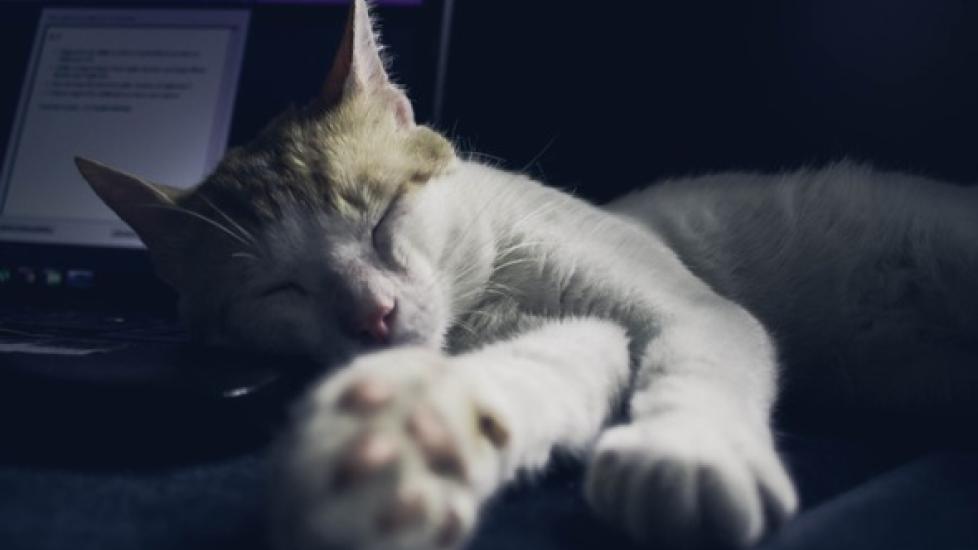 “The Purrfect Guide to a Peaceful Kitten’s Slumber”
“The Purrfect Guide to a Peaceful Kitten’s Slumber”
Introduction:
In the quiet of night, when all is still and the stars twinkle above, many cat owners find themselves wondering how to get their feline friends to settle down for some well-deserved shut-eye. Cats are known for their mysterious nature, often choosing the most inconvenient hours to roam, play, or meow with an insistent fervor that can be challenging to resist. However, with patience, understanding, and a few strategic tips, you can create a nightly routine that encourages your kitty to curl up into a cozy ball and drift off to dreamland—allowing both of you to enjoy a serene evening.
-
Establish a Consistent Bedtime Routine:
Cats thrive on predictability, so creating a consistent bedtime ritual can signal to them that it’s time to wind down. Start by setting a regular sleeping schedule, ideally around the same time each day. This could involve feeding your cat dinner at a specific hour, followed by gentle playtime (to expend energy) and then dimming the lights in preparation for sleep. -
Create a Tranquil Environment:
Your cat needs a sanctuary where they feel safe and secure. Ensure that their bed or favorite napping spot is comfortable and inviting. Use soft blankets, heated pads, or even a snug sweater if your cat prefers something familiar. Additionally, consider playing calming music or using white noise machines to mask any sudden sounds that might disturb their rest. -
Encourage Exercise During the Day:
A tired cat is more likely to sleep peacefully through the night. Engage your pet in plenty of physical activity during daylight hours. Whether it’s chasing toys, climbing towers, or outdoor adventures (if applicable), keeping your cat stimulated will help ensure they have less energy left over for nocturnal escapades. -
Provide Mental Stimulation:
Just as important as physical exercise is mental stimulation. Interactive puzzle toys, scratching posts, and perches can keep your cat entertained while also satisfying natural instincts like hunting and climbing. These activities not only tire out your furry friend but also enrich their lives beyond mere slumber. -
Regulate Food Intake:
Overweight cats may experience discomfort from indigestion or other health issues, which can lead to restlessness at night. Adjust meal portions according to your vet’s recommendations and avoid late-night snacks. Instead, offer smaller meals throughout the day to promote better digestion and overall health. -
Soothe Separation Anxiety:
If your cat becomes anxious when alone, leaving them with a comforting item such as a blanket scented with your perfume/cologne or a toy containing catnip can provide solace. Consider investing in a pet camera so you can check in on them occasionally via smartphone, reassuring them with your presence even if you’re away. -
Use Feliway or Other Calming Aids:
Some cat parents find success with synthetic pheromones designed to mimic those naturally released by kittens. Products like Feliway can help reduce stress and anxiety, making it easier for your adult cat to relax and fall asleep. Always follow product instructions carefully.
Conclusion:
By implementing these strategies consistently, you can transform midnight meows into peaceful purrs and enjoy a harmonious night alongside your beloved companion. Remember, every cat is unique; what works for one may not work for another. It may take trial and error to discover the perfect combination that lulls your little lioness or king into a blissful state of repose. With dedication and love, however, you’ll soon see results that benefit both you and your feline family member alike.
